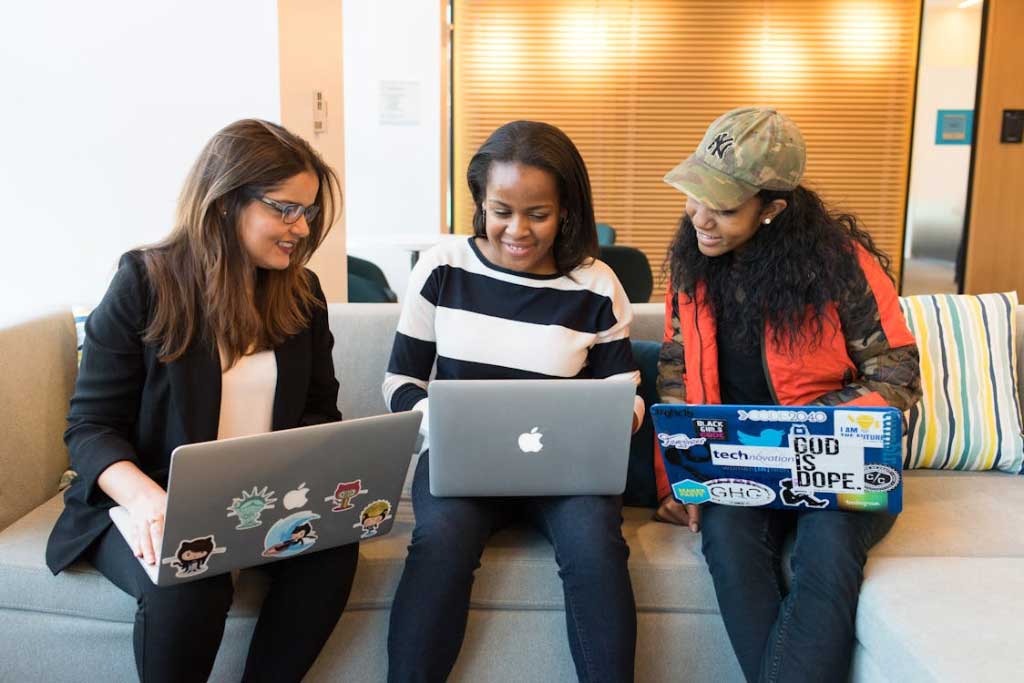The way we learn is evolving. Online education is no longer just a backup plan or a short-term fix. It’s becoming a core part of how people around the world build skills, earn qualifications and advance their careers.
Whether you’re a parent supporting your child, a teacher adapting your methods, or a student looking for flexibility, online learning now offers real opportunities. Courses are available for every age, subject and learning style. You can study at home, at your own pace, with tools that were once only available in physical classrooms.
The growth of online learning is not just about convenience. It’s about creating new paths to learning that feel personal, adaptable and accessible.

Learning That Fits Real Life
Traditional classroom schedules don’t work for everyone. Families have different routines, students have different needs, and life rarely runs on a fixed timetable. Online education offers a way to learn without forcing everything else to stop.
With on-demand video lessons, live classes and self-paced modules, learners can shape their education around their day. A teenager can review math in the evening after sports practice. A parent can complete a business course during a toddler’s nap.
Flexibility doesn’t mean lower quality. Many online programs are designed by experienced educators who understand how to balance structure with freedom. You still have deadlines, goals and accountability. The difference is, the system adjusts to you instead of the other way around.
This kind of learning works well for people who want to take control of their time and feel more in charge of their education.
Tools That Make Learning Engaging
Online learning is not just videos and quizzes. Today’s tools include interactive whiteboards, real-time feedback, discussion forums and peer collaboration. These features help students stay connected and motivated.
Gamification is another growing feature. When learners earn badges, points or progress markers, they’re more likely to stay engaged. Progress feels visible, and effort feels rewarded.
Teachers can also track learning more closely. Digital tools provide instant feedback and allow educators to adjust their approach quickly. If a student is falling behind, support can be offered before frustration sets in.
These tools make learning feel more personal and responsive. Instead of waiting for a report card or parent meeting, everyone involved can see what’s working and what needs attention.
Expanding Access to Quality Education
One of the biggest benefits of online learning is access. Students in rural areas can now take advanced courses. Adults returning to study can find options that fit their schedule. Families with limited transportation or support no longer miss out on quality education.
This matters for equity. When learning depends less on geography or income, more people can move forward. It’s not about replacing schools, but about adding more ways for people to reach their goals.
Many online programs also include built-in support services, such as tutoring, career advice or mental health resources. These services help learners stay on track and build confidence as they grow.
The more inclusive online learning becomes, the more potential it has to close gaps and open doors.
Supporting Teachers and Educators
Online education isn’t just changing things for students. It’s changing how teachers work and what they need to succeed. Many educators are now training in digital tools and learning new ways to engage students remotely.
This shift can be challenging, but it also brings new opportunities. Online teaching allows for flexible schedules, expanded reach and different formats. A teacher can offer a live class, then turn that same lesson into a downloadable resource or tutorial.
Platforms now exist to support every aspect of remote teaching, from classroom management to content creation. If you’re an educator exploring new options, the best online teaching platforms can help you find tools to match your style and subject.
With the right training and support, online teaching becomes more than just screen time. It becomes a chance to innovate, connect and grow as a professional.
Building New Habits Around Learning
Online education changes how we think about learning itself. Instead of a block of time each day, learning becomes something we return to often. Students can review material multiple times, pause and reflect, or jump ahead when ready.
This leads to better learning habits. People learn how to manage time, track progress and take ownership of results. These are skills that matter beyond school or formal education.
Families can also get more involved. Parents can see what their child is learning and how they’re progressing. This creates better conversations and more ways to support each other.
Learning at home also creates space for curiosity. When students aren’t rushed through lessons, they can follow their interests and dive deeper into topics that excite them.
Encouraging Lifelong Learning for All Ages
Online education has also reshaped how we think about who education is ofr. It’s no londer limited to students in schools or universities. Adults of all ages are using online learning to explore new fields, move careers, or even build confidence in areas they missed earlier in life.
Courses on everything from digital skills to creative writing are now just a few clicks away and can be done from anywhere in the world. You can learn in the evenings, on weekends or even during a break at work. This makes it much easier to continue growing.
This accessibility also supports mental awareness and social connection. Learning something new opens up doors and allows you to cnnect with different people on many different levels. It also helps to keep you mentally active and your brain healhty.
Conclusion
Online education is not a trend. It’s a lasting change in how we think about learning. It gives people more options, better tools and the flexibility to grow at their own pace.
Whether you’re a student, parent or teacher, now is a good time to explore what’s possible. With the right platform, learning can feel more personal, accessible and effective.
The world is changing, and education is changing with it. Online learning is one way to meet that change with confidence and purpose.








